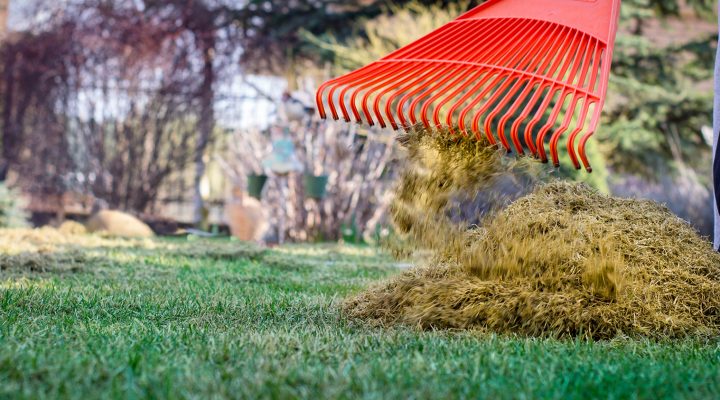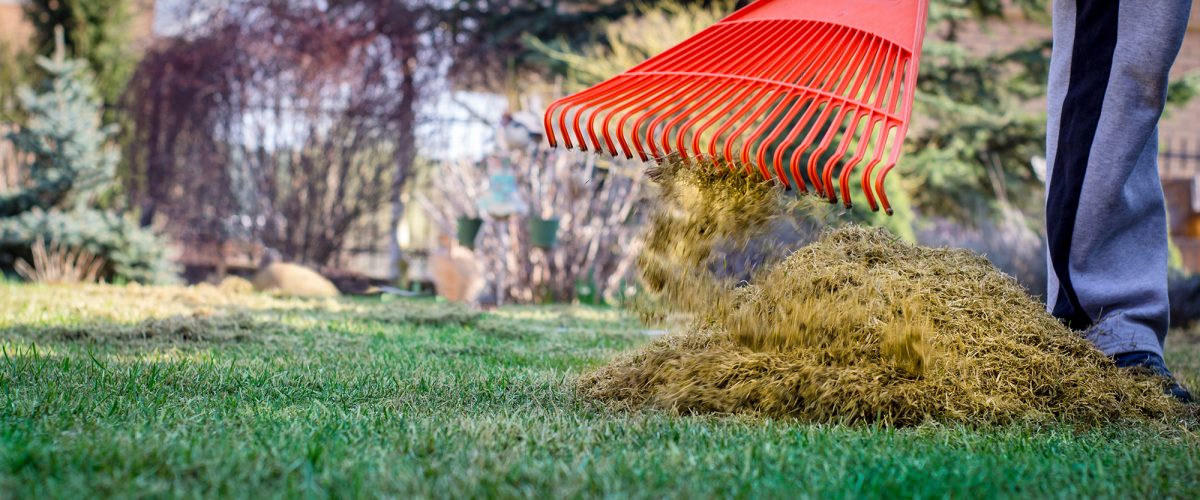This morning, as I was drinking my second cup of hot, caffeine-flavored water on the back porch, Juan Pablo rounded the corner of my house, coming from the front yard with a large, black garden trash-bag. I was not surprised to see J.P. and eventually two of his helpers, since Janice had recruited him several weeks ago to clean out our flower beds and spread some new mulch, the better to encourage the correct kinds of growth in those clearly marked spaces in the yard where we like to have the additional beauty of blooming plants.
Although the privilege of doing the yardwork at our house falls to me, by some pre-ordained plan, I usually enjoy the work, unhindered as I am by Janice’s typically strong opinions about how things should be done. She rarely ventures out into the hinterlands of our surrounding yards but on occasion, she takes the larger look at our grounds and decides an intervention is required.

Bob Newell
Thus, at just about the time J.P. was covered up with carrying off ice-broken limbs for everyone in our neighborhood, Janice contracted with him to clean out our flower beds and put down mulch. At long last, he showed up early this morning with his crew. My assigned duty was to stay out of the way, to offer some well-used gloves to the workers, and to provide suitable supplies of fresh ice water for them to drink.
Being the theologically and sociologically trained observer that I am and lacking a pulpit in which to express myself at the moment, it naturally occurred to me that this is Holy Week. Although there is some dispute over whether or not Jesus cleansed the temple once or twice, and many recognize that biblical writers were not always strictly bound by chronological order in their retelling of Gospel events, many believers will remember that, according to Mark 11, Jesus cleaned out the temple immediately after entering the city of Jerusalem in triumph on what we now refer to as Palm Sunday.
Seeing the abundant undergrowth of commercialism and profit-making that had come near to strangling the holy site, our Lord took it upon himself to root it out and purify the place, claiming it was written that “’My house shall be called a house of prayer for all nations,’ but you have made it a den of robbers!”
“A proper observance of Holy Week requires we tend to some house cleaning.”
We tend to fast-forward through this violent, seemingly un-Christlike action on the part of our Savior en route to the more familiar Holy Week events. With the Last Supper and its “new commandment,” Jesus’ washing of the disciples’ stinky feet, his agonizing prayer while the disciples slumbered in the garden, the scandal of Judas’ capitulation, the arrest and so-called trial, the awful crucifixion, Peter’s denials, the discombobulation of the confused disciples because of Jesus’ death, and finally the glorious sermon by women-preachers announcing our Lord’s resurrection, there is certainly enough in Holy Week to keep our spirits redemptively occupied.
But, as surely as Janice has recognized our need to clear out the weeds and place new mulch in our flower beds, a proper observance of Holy Week requires we tend to some house cleaning, especially in the institutional aspects of our shared faith. And first of all, this refreshing and decluttering of our faith must begin in some hard looks at our tendencies to institutionalize our faith in such a way that it can be expected to bring some sort of “profit” or benefit to the believers.
This is exactly what those who propose Christian nationalism for America are trying to do. By transforming religion into an exercise that benefits the believers or the “managers” of religion, they seem to be replicating the very system Jesus, with his whip and overturned tables, was overthrowing.
But the Christian nationalists, who have swapped the way of Jesus for some hope of a religious kingdom on earth, are not the only ones who have reshaped a faith in ways that bring personal benefit. I have allowed all sorts of weeds to encroach on what began as a simple desire to follow Jesus.
If I truly want a flower-filled faith, maybe it’s time for me to clear out the undergrowth of what does not contribute to that goal. So, while J.P. and his laborers are working to “purify” my flower beds, perhaps I need to spend some time reflecting on my own spiritual walk.
You too?
Bob Newell has served as a university professor and administrator, a local church pastor and a cross-cultural missionary. He and his wife, Janice, now live in Georgetown, Texas, and he serves churches as transition coach and intentional interim pastor. They were the founders and remain advocates of PORTA, the Albania House in Athens, Greece.


